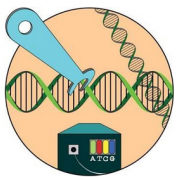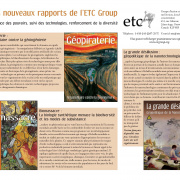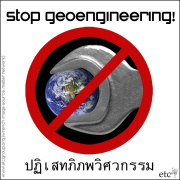Groups Criticize Presidential Commission’s Recommendations on Synthetic Biology
Enviado por ETC Staff el
The Presidential Commission for the Study of Bioethical Issues released its recommendations on the oversight of synthetic biology, provoking strong criticism from public interest watchdogs for its failure to respond to key environmental and public health risks.
In a letter sent to the commission, 58 environmental, public interest, and religious groups rejected the recommendations as a deeply flawed response to advances in synthetic biology, including the creation this year of the first entirely synthetic organism, that demand strong federal oversight.




